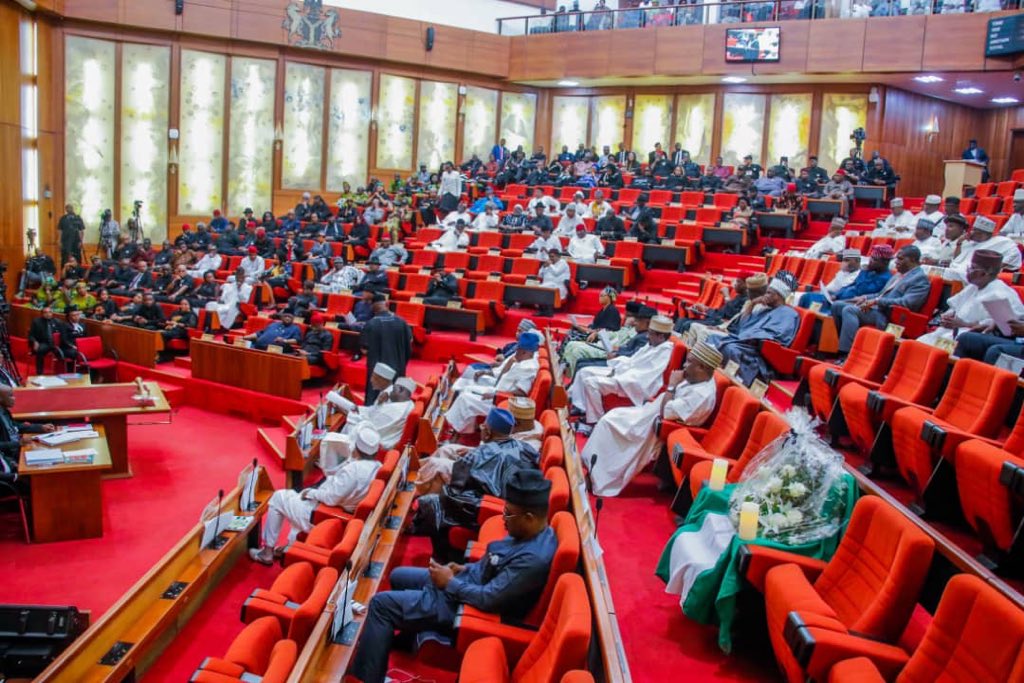In a bold move to address the growing concerns over food inflation and ensure the stability of the agricultural sector, President Bola Tinubu has declared a state of emergency on food security in Nigeria. The President’s proactive stance aims to mitigate the impact of the recently removed fuel subsidy and prioritize the needs of Micro, Small, and Medium Enterprises (MSMEs) in the country. Through a series of strategic measures, President Tinubu aims to enhance food availability, affordability, and sustainability while empowering MSMEs in the agricultural value chain.
Under the President’s directive, all matters related to food and water availability, as essential livelihood items, will fall under the purview of the National Security Council. This holistic approach signifies the government’s commitment to tackling the challenges faced by MSMEs in accessing affordable and sufficient food resources.
Immediate interventions will include the urgent release of fertilizers and grains to farmers and households across the country. By mitigating the effects of subsidy removal, this initiative aims to stabilize prices and support the agricultural value chain. Furthermore, the government plans to foster long-term agricultural growth by doubling the percentage of employment in the sector from 35.21% to approximately 70% in the coming years.
To ensure year-round agricultural productivity, President Tinubu stressed the urgent need for synergy between the Ministry of Agriculture and the Ministry of Water Resources. By providing adequate irrigation facilities and promoting effective water management, the government aims to eradicate farming downtimes and guarantee continuous food production.
Recognizing the critical role of affordability, the government will establish a National Commodity Board to monitor and control food prices. This regulatory body will work closely with various stakeholders, including seed companies, research institutes, microfinance banks, and food processing associations, to maintain price stability and moderate fluctuations in food prices.
In a bid to protect farmers and their farmlands from security threats, the government will leverage its security architecture to enhance agricultural safety. Additionally, a transformative approach to livestock farming is being pursued, with partnerships between the federal government and willing states to create ranches. These modern ranches will ensure sustainable cattle-rearing practices and grazing reserves, aligning Nigeria’s livestock sector with global best practices.
The government’s commitment to optimizing agricultural resources is highlighted by the activation of existing land banks spanning 500,000 hectares. These strategically mapped lands will be made available for farming, significantly increasing arable land and boosting food output. To further improve the transportation and storage of agricultural products, the government plans to explore alternative means such as rail and water transport, reducing freight costs and enhancing market accessibility.
Recognizing the importance of boosting food and agricultural exports, the government will stimulate the export capacity of the agricultural sector. By capitalizing on Nigeria’s agricultural potential, the aim is to increase revenue from exports while maintaining food sufficiency for the local population.
President Tinubu’s declaration of a state of emergency on food security demonstrates a proactive approach to tackling food inflation and empowering MSMEs in the agricultural sector. Through a comprehensive range of interventions, including enhanced irrigation, improved transportation and storage, regulatory oversight, and the creation of modern ranches, the government aims to ensure the availability, affordability, and sustainability of food resources. This visionary initiative not only addresses immediate challenges but also provides a solid foundation for long-term agricultural growth and job creation within the MSME community.










